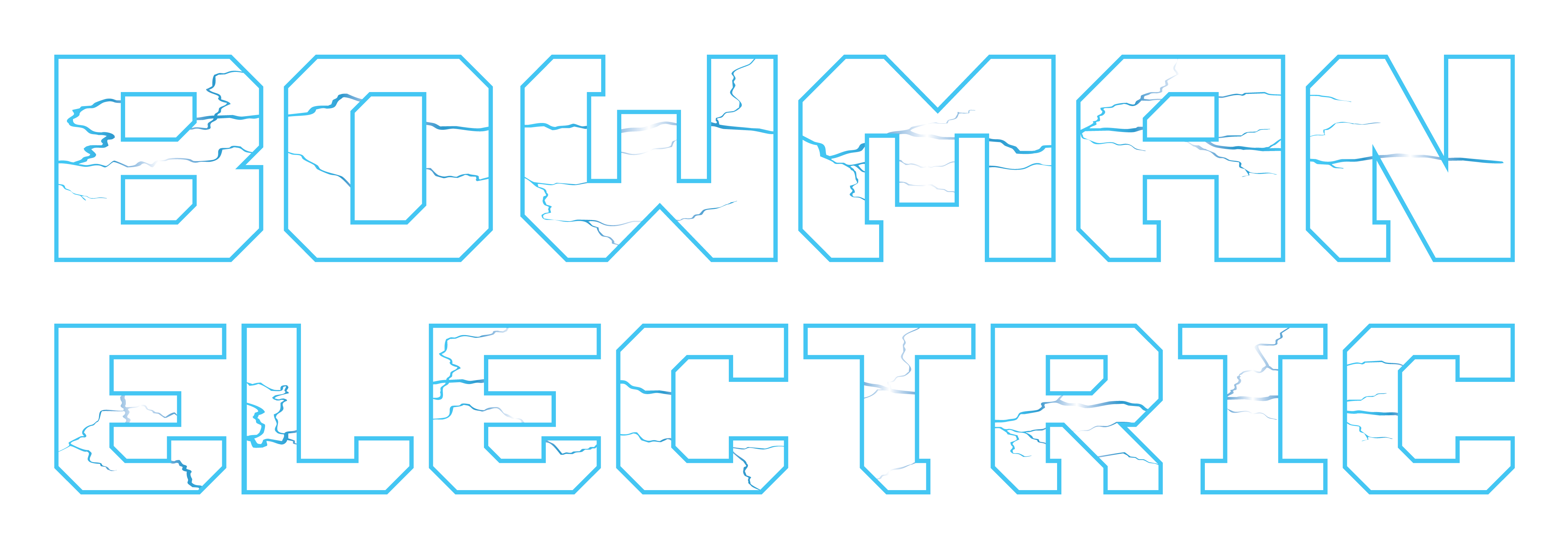
Winter storms, high winds, and unexpected power outages can leave your home in the dark when you need power the most. A generator can be a game-changer, but not all generators offer the same level of protection. The question is: Do you need a portable generator or a standby generator?
Portable Generators: A Quick Fix for Temporary Power
Portable generators are a cost-effective way to power essentials during an outage, but they require manual setup and fuel refilling.
✔️ Pros:
Lower upfront cost
Can be used for multiple purposes (camping, job sites, emergencies)
No installation required
❌ Cons:
Must be manually started during an outage
Requires refueling (gasoline or propane)
Limited power capacity—won’t run your whole home
Must be placed outdoors to avoid carbon monoxide risks
Standby Generators: A Seamless Power Solution
Standby generators are permanently installed and automatically restore power when an outage occurs. These generators run on natural gas or propane, providing whole-home coverage without the need for manual setup.
✔️ Pros:
Automatic start when power goes out
Runs on a dedicated fuel source (no refueling needed)
Can power your entire home, including HVAC and appliances
Increases home value
❌ Cons:
Higher initial investment
Requires professional installation
Needs routine maintenance
Which Generator Is Right for You?
The right generator depends on your home’s needs and budget. If you only need to power a few essentials for short periods, a portable generator may be sufficient. But if you want seamless backup power that keeps your home running without interruption, a standby generator is the better investment.
Not sure which one to choose? Bowman Electric can help! Our team can assess your home’s power needs and recommend the best backup solution to keep you safe and comfortable all winter long.
📞 Call us today to schedule a generator consultation!



